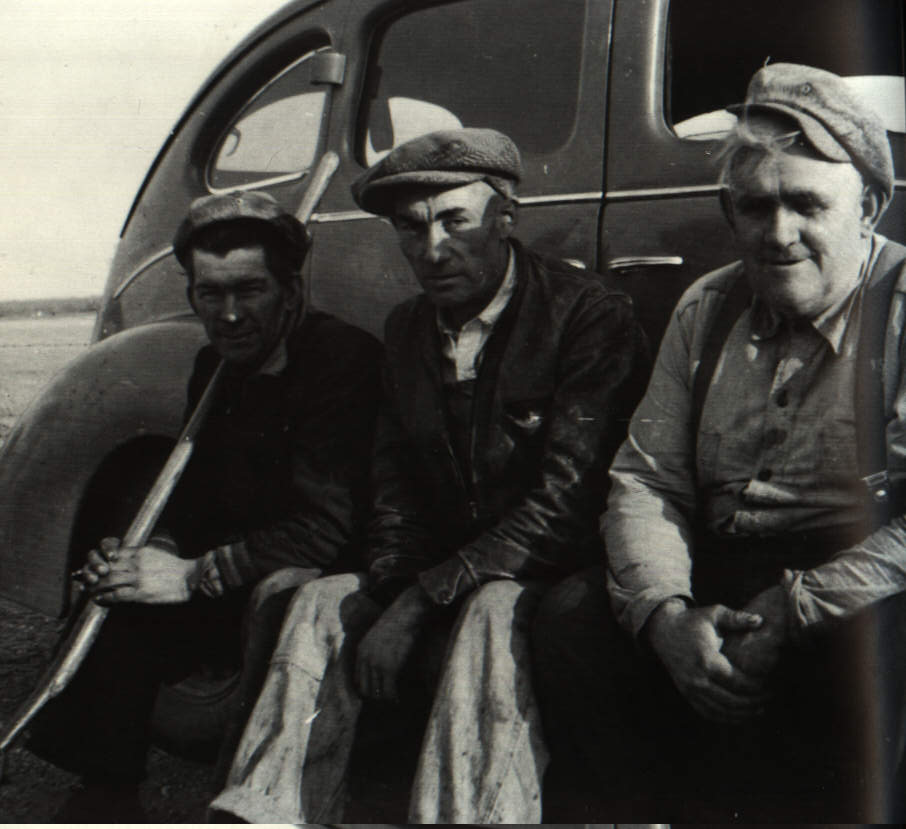The importance of living cooperatively
Advertisement
According to its website, The Manitoba Co-operator is an institution in Manitoba, its roots going back to 1925. The weekly publication is received by most farmers in the province, providing information and news on topics of interest and relevance to them. And in addition to these valuable services, the Co-operator also has Manitoba’s largest and most popular farm classified section.
The Manitoba Cooperator also found its way into my childhood home in Rosengard on a weekly basis, along with other farming publications such as The Family Herald and The Country Guide. For me, the fact that I actually remember these publications coming to my home so many years ago, speaks to some degree of the sense of stability that my family experienced, in that rural farming community of Rosengard. It was a community in which a child could flourish. My home was also a place where the printed word was valued.
The concept of living together in community is, of course, as old as history. Living within the context of a community has countless benefits, but it also requires of us as individuals that we co-operate, both structurally as well as informally.

One of my earliest childhood memories captures the importance of a community coming together in being supportive, at a time of bereavement, that of the death of Isaac Penner. I recall, as a four-year old, accompanying my sister Margaret walking along the gravel ridge in an easterly direction, to the home of the Isaac Penner family. Margaret was carrying the buns that our mother had baked, which would be served at the funeral reception. In a most neighbourly and helpful manner, Harry Nikkel, whose family also lived on the gravel ridge approximately halfway between our place and the Penner place, came to help Margaret carry the load she had carried thus far. Carrying a load, no matter its weight, is so much easier when shared with a friend.
It was a common practice that friends and neighbours would help the bereaved family with the preparation for the simple reception that would follow after the burial had taken place. Bringing the buns from our house to the home of the bereaved family was part of that practice. I also vaguely recollect a fund called die Sterbekasse, which is translated as a death benefit fund. It was in its own right, a co-operative. I presume that some of the expenses incurred by my family in 1943 when my five-year old sister, Agatha died, and again in 1946, when my one-year old brother Erich died, were also covered by that death benefit fund.
Cooperation within the context of our community was a way of life for us. It was a common practise to invite or request friends and neighbours to assist in the annual pig-killing event in the various homes of our district. Individuals would bring their own favourite tools to assist in the multiplicity of tasks that needed to be completed that day. In its own way, the cooperative venture also had a social component to it, both in the context of the actual details of the day’s activities, as well as in sharing meals at the home of the “host” family.
One cooperative community event that had to come together very quickly was that of the Rosengard bush fire, in 1948. The men, both young and old, gathered without any formal organization, and fought the fire, saving buildings, and hay and straw that was stacked on the farmyards, and homesteads generally.
For those of us who remember those long ago times, perhaps we can pause briefly to breathe a prayer of profound gratitude for those various unsung individuals and the numerous activities they carried out in the community of Rosengard, as well as in other similar communities. There is no doubt in my mind that those cooperative acts contributed immensely to the economic, social, and cultural development of all of us in the context of those communities.
